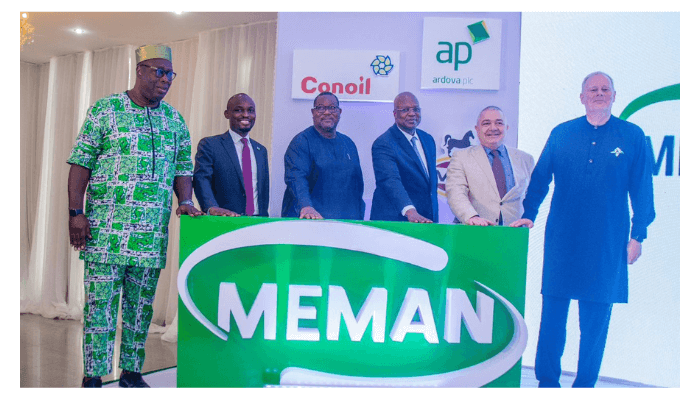
Nigeria Eyes Electric Vehicle Revolution Amid Rising Fuel Costs, Climate Push
......by Nkechi Egbo......
Nigeria is positioning itself for a bold leap into electric mobility as rising fuel costs, worsening inflation, and climate commitments accelerate the search for cleaner, more affordable transport options.
Akin Alebiosu, the Climate Finance Manager, Nigerian Off-Grid Market Accelerated Program (NoMAP) at a webinar themed “Accelerating Electric Mobility Adoption in Nigeria by Unlocking Downstream Potential” held on August 15, 2025, by Major Energy Marketers Association of Nigeria (MEMAM), explained that the country’s transport sector, which contributes around 28 percent of national carbon emissions, is ripe for transformation through electric vehicle (EV) adoption.
According to Alebiosu, Nigeria’s transport sector is heavily fragmented and largely dependent on private operators. Nearly all vehicles and parts are imported, leaving the economy vulnerable to exchange rate shocks. Over the past five years, the naira has depreciated by about 420 percent, while petrol prices have surged more than 640 percent. Combined with inflation that peaked at 34.8 percent, these pressures have eroded household incomes and increased the cost of mobility nationwide.
The global shift to EVs is gathering speed, with major economies already phasing out internal combustion engines. Nigeria, through its Energy Transition Plan, aims to achieve net-zero emissions by 2060. The government is counting on EVs to play a central role, backed by initiatives from the National Automotive Design and Development Council (NADDC).
The NADDC’s 10-year Automotive Industry Development Plan, adopted in 2023, includes tax incentives, import duty exemptions, and support for local EV assembly. Charging stations—some solar-powered—are also in the works. The council has set a target for 30 percent of vehicles produced locally to be electric by 2032.
He estimates that with proactive policy support, about 30 percent of public transport, 35 percent of private transport, and up to 10 percent of freight could transition to EVs by 2050. That would put roughly 9.9 million EVs on West African roads, with Nigeria accounting for the bulk, given its 66 percent share of the region’s economy. However, the transition will demand huge investment—nearly $20 billion in power generation and grid upgrades, excluding charging infrastructure.
Industry players are already exploring entry points. Two- and three-wheelers, widely used for commercial transport, are seen as the most viable for early adoption. Companies like Spiro, Max NG, and ThinkBikes are rolling out e-motorcycles, battery swapping systems, and localized manufacturing. Lagos, Edo, and Borno states have also begun piloting e-bus initiatives, with Lagos deploying EVs in its Bus Rapid Transit system.
Despite this momentum, several hurdles remain. Most Nigerians rely on pre-owned cars, nearly 40 percent of the population lacks access to electricity, and awareness of EV benefits is still low. Financing is another challenge, with most vehicle purchases in Nigeria made upfront in cash.
Alebiosu, suggests that energy marketers, financiers, and policymakers have a unique opportunity to shape the EV future by investing in charging networks, partnering with state governments on fleet buses, and localizing value chains. Prioritizing affordable two- and three-wheelers, the group argues, could help Nigeria bridge its mobility gap while cutting emissions and reducing reliance on costly fuel imports.
“The electric vehicle transition is not just about replacing fuel. It is about building a new ecosystem that will create jobs, reduce economic vulnerabilities, and position Nigeria as a leader in Africa’s emerging e-mobility market.” he said
